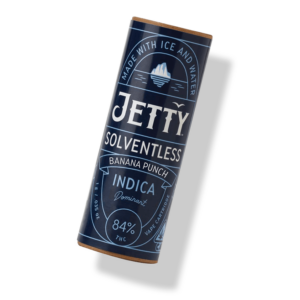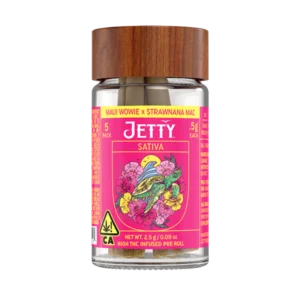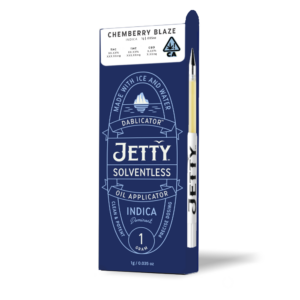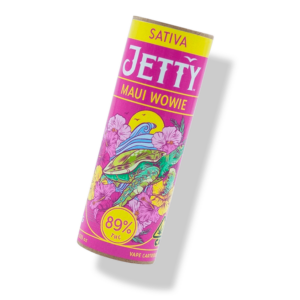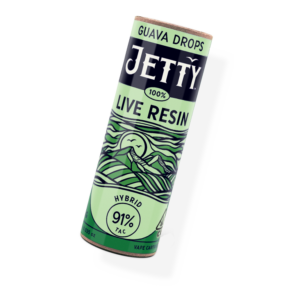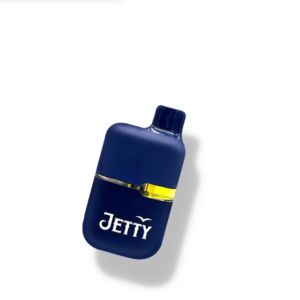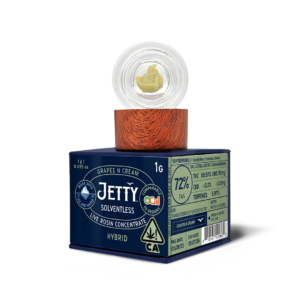- Products
Shop by Type
Shop by Collection
The stickiest, frostiest buds made into your favorite Live Rosin and Live Resin extracts. - Shop
Shop
Find a demo near you for exclusive discounts, product information, free Jetty swag and more! - Merch
Shop by Category
- Learn
LEARN
Learn more about Shelter Project and our Compassion Strains supporting non-profit partners.
- Blog
- Partners
Partners
JETTY STORIES
Lorem ipsum dolor sit amet, consectetur adipiscing elit, sed do eiusmod tempor incididunt ut labore et dolore
magna aliqua. Ut enim ad minim veniam, quis nostrud. You can see our full line up here.
magna aliqua. Ut enim ad minim veniam, quis nostrud. You can see our full line up here.
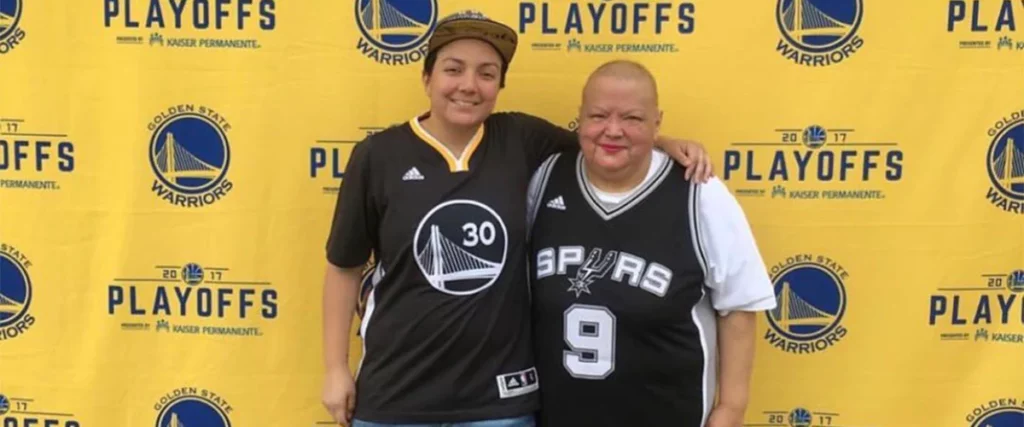
August 16, 2022
Posted in Giving Back
SHARE THIS
Share on facebook
Share on linkedin
Share on twitter
By Kathy Pasha
Kathy Pasha is a writer and teacher from Los Angeles, currently living in Berlin. She has been a caregiver and knows the value of compassion.
The Shelter Project’s Efforts to Help Families in Need
When California passed Proposition 64, the Adult Use of Marijuana Act, it garnered a lot of attention from the media, businesses, politicians, everyday citizens, and pot-enthusiasts. Advocates of Prop 64 touted varying promises of what recreational legalization could do for the state: increased tax revenue, job growth in a new and lucrative industry, decriminalization, and an end to the drug war–the latter two supposedly setting the stage for lower imprisonment rates on drug charges, particularly in poor communities and communities of color. All of this seemed to herald a massive culture change on a substance that more and more people were openly admitting to using, and much of the news seemed positive.
However, one of the supposed promises–a strengthening of medical marijuana advocacy–didn’t pan out to be what some people thought it might. As it turns out, the good news of Prop 64 wasn’t good for everyone.
“I think [Prop 64] took away from the medical patients,” Amanda Gaeta tells me, when I ask her about what she thinks Prop 64 got wrong. Amanda’s mother, Rachel, was a member of Jetty’s Shelter Project and received care packages of medical marijuana while she was undergoing chemotherapy for colon cancer. “Maybe they just didn’t really think thoroughly about how it was going to affect medical patients in terms of how they get their meds,” she says. “It screwed over so many people that really needed the medical side of things, and now so many people are hurting because of Prop 64.”
This is because Prop 64 classifies all marijuana providers under a strict tax structure that levies harsh taxes, even on donated marijuana that programs like the Shelter Project provide for chronic and terminally ill patients like Amanda’s mom, Rachel Gaeta.
Unfortunately, Rachel lost her battle with colon cancer in December 2017, but Amanda still holds strong to her mother’s memory: “My mom was one of the most loving and giving people in my life, and I know a lot of other people would say the same thing. She was a give-the-coat-off-your back kind of person. If someone was hungry or needed help, whether it was financially or advice or whatever, my mom was always the type of person to do it. She was like a second mom to people.” And, yet, though Rachel was always willing to lend a helping hand to others, Amanda tells me that “she never wanted to take favors from anyone.”
Still, the financial strain of paying for long-term medical treatments can create a burden on even those who aren’t naturally inclined to ask for help. That’s where the Shelter Project and other compassionate care programs come in: to give families one less thing to worry about during an already-stressful time. Luckily, Amanda was able to get her mother on the Shelter Project’s care list before Prop 64 passed when she met Jetty’s own Luna Stower at a demo at Harborside in Oakland.
“Before that, I had seen a flyer about the Shelter Project somewhere, and I had gotten a little bit of information from that, but when I met Luna, she got us set up right away. She had me email Lindsey who was in charge of the Shelter Project, and I sent over my mom’s information and all her doctor information, and they sent over a care package super fast.”
She scrolls through her Instagram account to check dates. “Yeah, I met Luna on the 6th [of September 2016] and we got our package by the 15th.” She laughs. “I posted almost every time we got a care package. It was kind of a big deal in our house when they arrived.”
Amanda’s mother, Rachel, was diagnosed with Stage III Colon Cancer in February of 2016. Amanda recalls being at work when she found out. Her mother was trying to downplay the news over the phone: “She called it ‘a little cancer’ when she told me over the phone. She said, ‘the doctors found a little bit of cancer, but it’s nothing to worry about.’ She was like that–never wanted anyone to worry about her. But, you know, when it’s your own mom, cancer is a really scary word.”
After chemotherapy and surgical removal of the tumor in her colon and over 20 infected lymph nodes, Rachel’s doctors were open to her incorporating medical marijuana into her care plan. “They actually encouraged it, which was really cool, because I know some doctors aren’t okay with it.” She cited a story recently in the news about a terminally ill man’s hospital room being searched by the police for marijuana.
“She tried the CBD and noticed a difference. She still used her regular medications, just not as much the stuff in the care packages. It really made her feel better.”
And that’s the whole point of compassionate care programs like the Shelter Project–to provide relief to those in need. Unfortunately, Prop 64’s tax structure make the donations economically unfeasible and effectively punishes these donations. Amanda mentions that one of her supervisors is now dealing with his own health problems: “I wanted to get him signed up, too, but when I went on the Shelter Project site, it said that aren’t taking any new patients right now.”
The good news for struggling patients is that California is now deliberating new legislation that will address the shortcomings of Prop 64. State Senator Scott Weiner has put forth a bill called the Dennis Peron and Brownie Mary Compassionate Care Act (Senate Bill 34), which will help restart programs like the Shelter Project and permit them to donate free medical marijuana products to patients who need them most.
Public support is needed, so to show your approval and get more information on this bill, head over to the Shelter Project page to sign the petition in support of SB34. This will help send a clear message to not only the state legislature, but also to Governor Gavin Newsom, who would need to sign it into law. Newsom’s predecessor, Jerry Brown, was presented with a similar bill last year, and in a surprise to nearly everyone involved, vetoed it and several other bills.
Advocates of SB34 are hoping our new governor will not follow suit, but no one knows for sure. That’s why spreading the word about compassionate care programs are more necessary now than ever. Amanda knows this better than anyone: “I’m glad I was able to be educated by everyone that I met from Jetty, so that I can help educate other people.”
Even though she lost her mother, Amanda is still passionate about the work that the Shelter Project does. She wants others to benefit from compassionate care programs the way her mother and family did. “Jetty and the Shelter Project have been a blessing, so to take away compassionate programs like that because of Prop 64, it really hits hard for a lot of people, including people like my mom.”
Thinking for a moment, she adds, “And it’s not just for the sick people. It helped the rest of us, too, because we just wanted her to be comfortable and happy.”
Comfort and happiness is all any of us can hope for–for our loved ones, for ourselves. Compassionate care programs like the Shelter Project help to ensure that kind of dignity and relief for medical patients.
Learn more about the Shelter Project on the home page, and come and visit us on the Cannabis for Good Tour this summer.
Related
Giving Back
Popular
September 29, 2025
September 28, 2025
September 22, 2025
September 17, 2025
Related

VAPE
The cleanest, most flavorful extracts made without ever touching a chemical. Made with just ice and water.
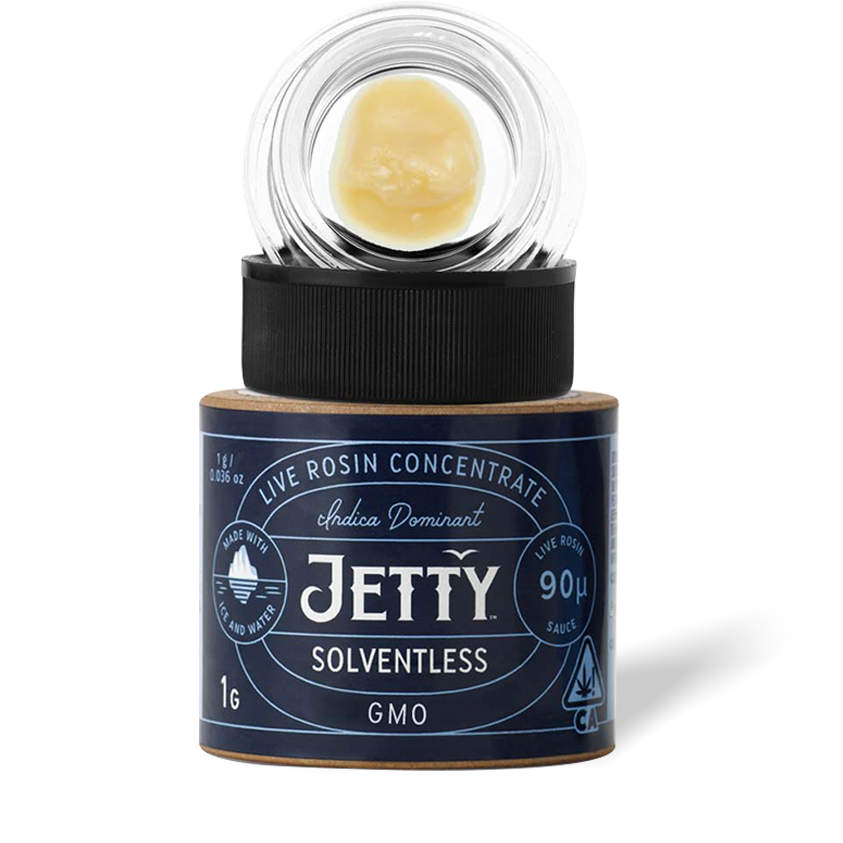
SOLVENTLESS
Solventless, Live Resin, and High THC vapes. The most discreet and convenient way to smoke
Sign Up for a
Chance to Win $500
Lorem ipsum dolor sit amet,
consectetur adipiscing elit
consectetur adipiscing elit
Sign Up for a Chance to Win $500
Lorem ipsum dolor sit amet,
consectetur adipiscing elit
consectetur adipiscing elit
